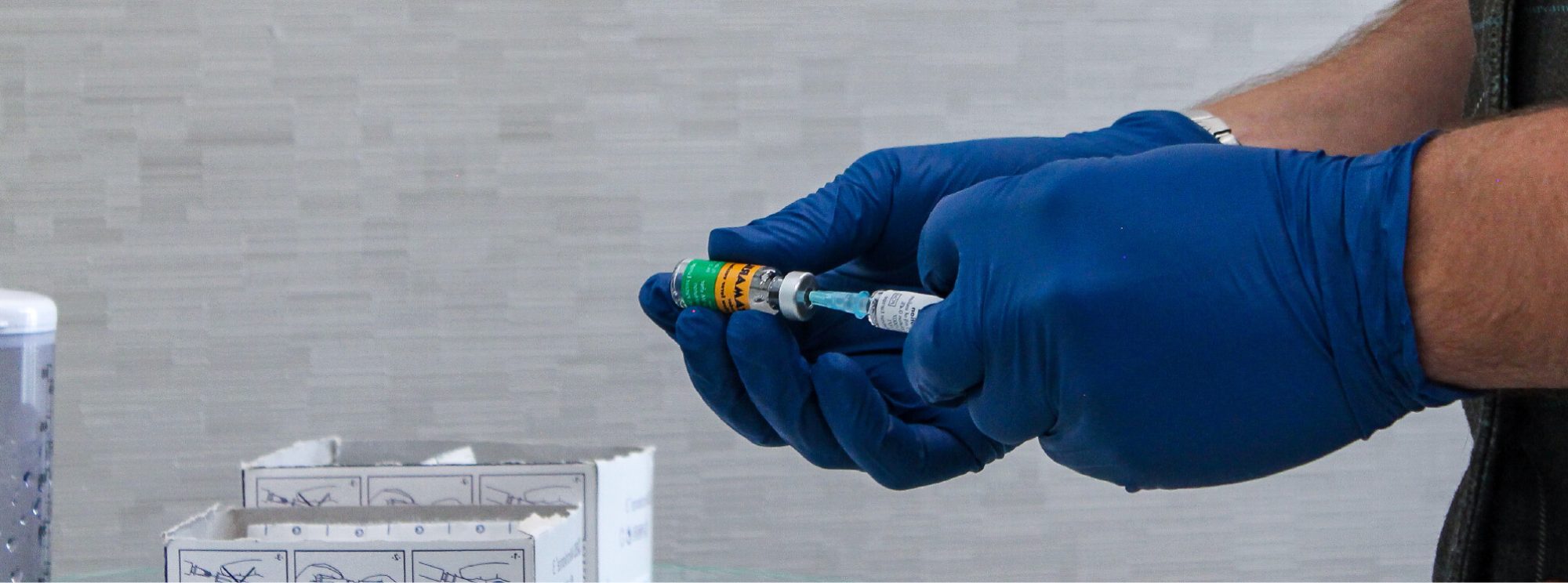This service is for children over 9 months who have not had chickenpox in the past. The vaccine is given by injection into the upper arm or upper leg. A course of two separate doses is given four to eight weeks apart. This vaccination is a private service, not paid for by the NHS. Before your Pharmacist can give the Varicella vaccine, an assessment questionnaire needs to be completed.
Chickenpox is a common childhood infection. Almost all children develop immunity to chickenpox after infection, so most only catch it once. The condition is usually mild and lasts for between five and ten days. However, in some cases it can cause serious problems such as pneumonia, swelling of the brain and skin infections. Chickenpox can lead to more serious complications involving the nervous system (brain and spinal cord) in children. The most common complication is where the blisters become infected with bacteria. If blisters become infected, the risk of a systemic infection increases and antibiotics may be needed. Scarring of the skin where blisters have erupted is also a risk. The disease can be more severe in adults.
Certain groups of people, however, are at greater risk of serious complications from chickenpox. These include: *people who have weakened immune systems through illnesses such as HIV or treatments like chemotherapy; *pregnant women – chickenpox can be very serious for an unborn baby when a pregnant woman catches the infection. It can cause a range of serious birth defects, as well as severe disease in the baby when it is born.
Varivax is a live vaccine, which means it does contain living virus but these have been weakened so that the infection does not become virulent (it cannot overcome the body’s defence mechanisms). The vaccine protects against infection without causing a full chickenpox infection and associated symptoms.



